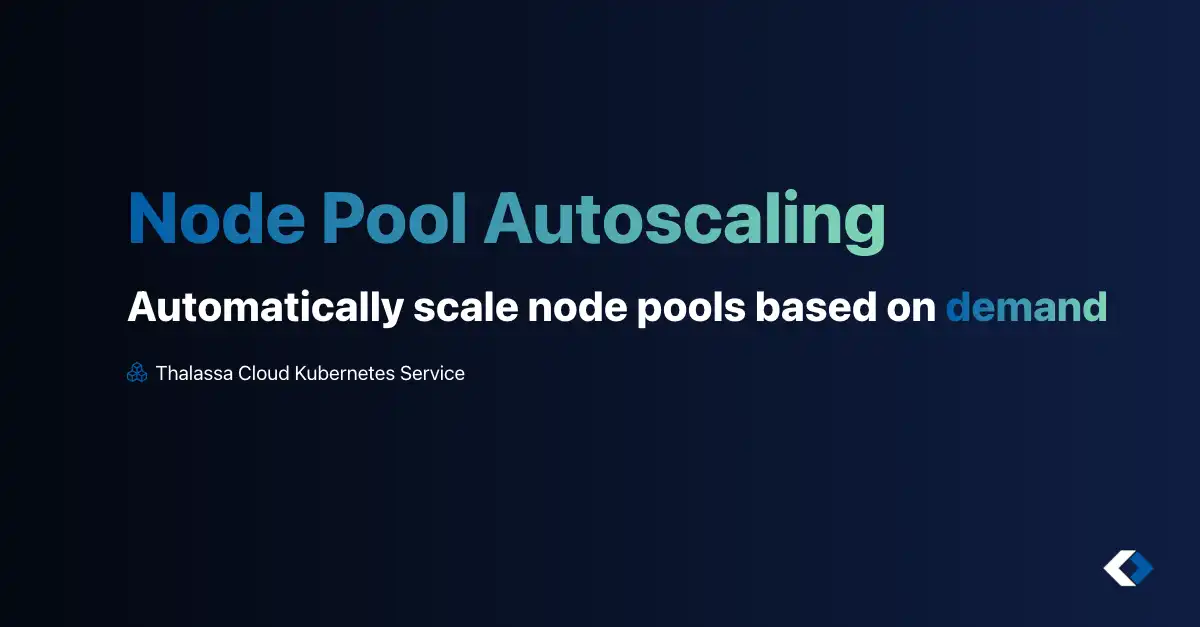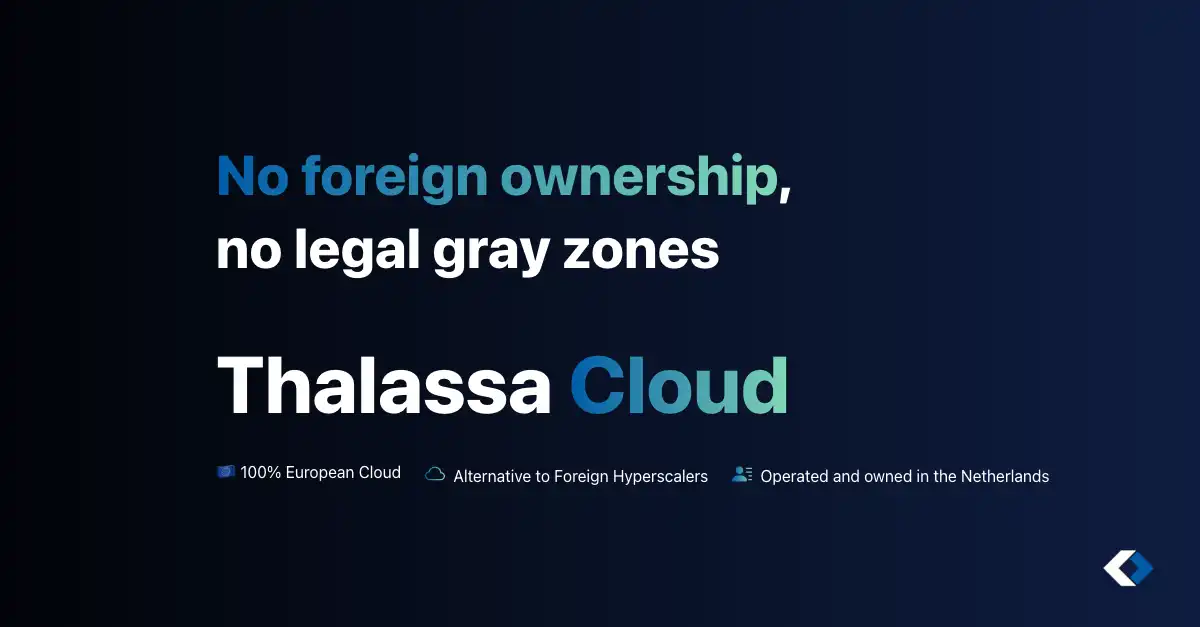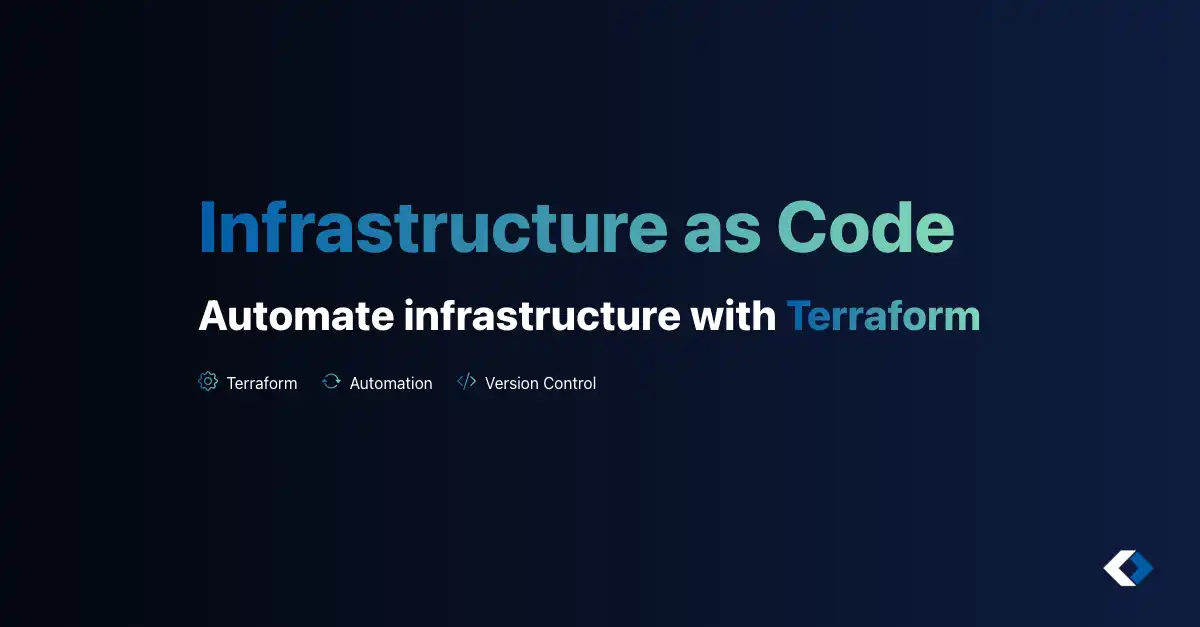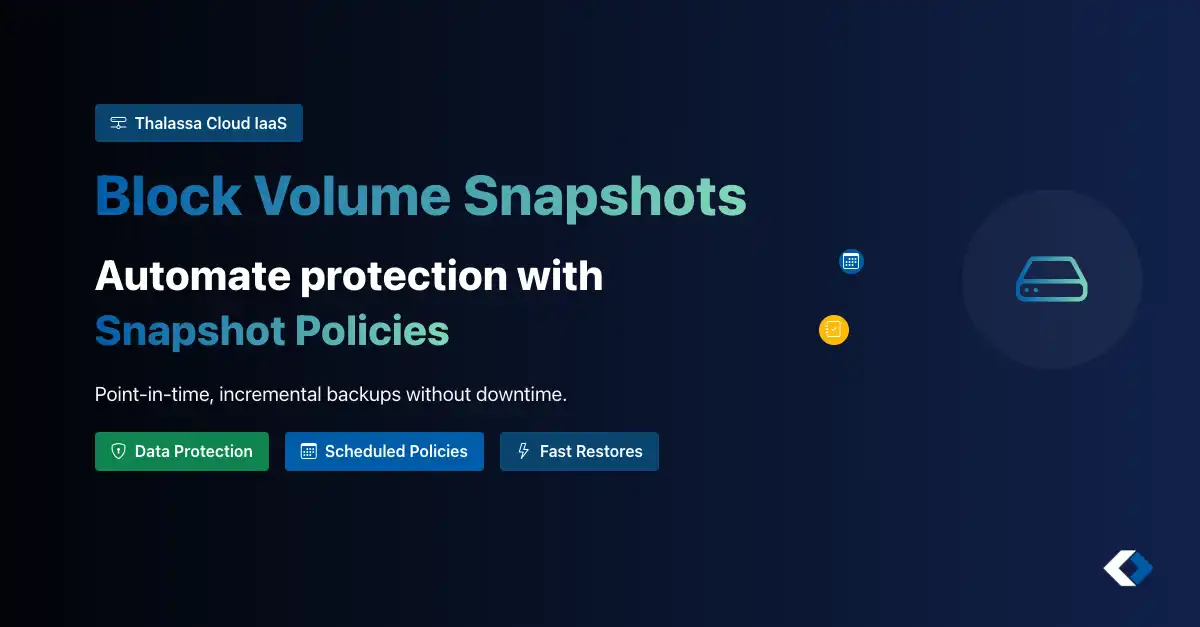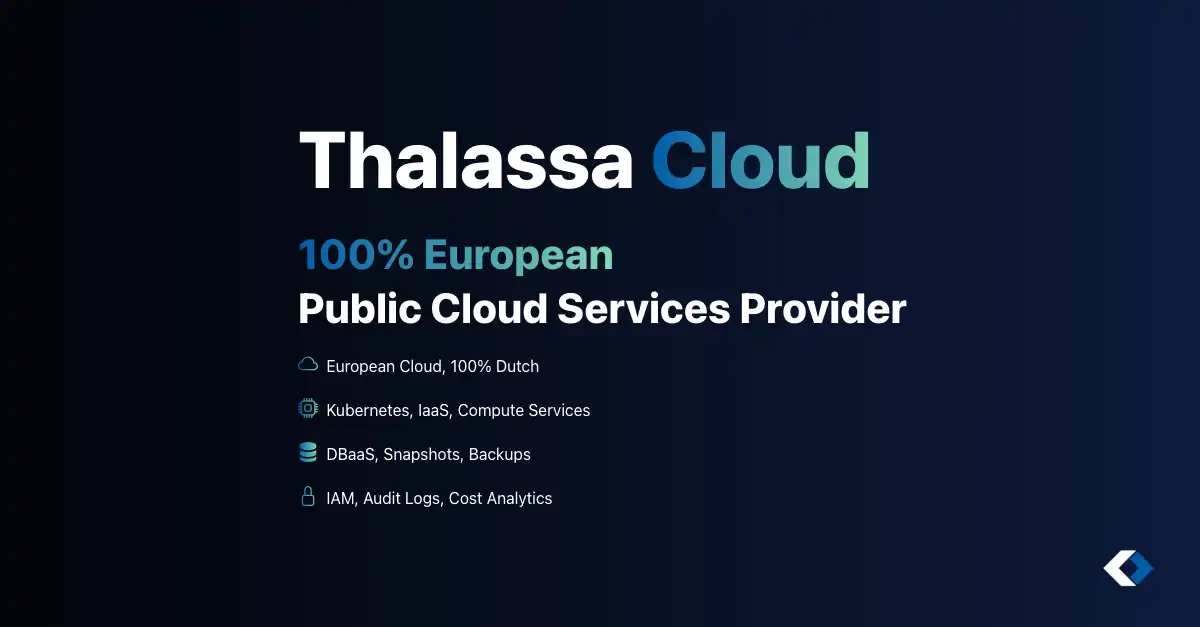European businesses need more than just basic IaaS like virtual machines and storage. These basics are important, but they don’t meet the complex needs of modern applications. To compete globally and keep data within Europe, businesses require a platform with advanced services.
Thalassa Cloud goes beyond traditional IaaS by offering a platform with advanced services for modern applications. It provides European businesses with the tools needed for cloud-native applications, ensuring both advanced features and compliance.
The Cloud-Native Reality Gap
European IaaS providers usually offer basic infrastructure services that don’t meet the needs of cloud-native teams for building and deploying modern applications.
What European IaaS Providers Offer:
- Most European cloud providers offer basic infrastructure that needs a lot of manual setup and management. They provide simple virtual machines with limited automation, requiring teams to set up and manage Kubernetes clusters themselves. These providers often don’t have managed database services, so teams have to handle their own database clusters.
- Container registries are often missing or very limited, forcing teams to rely on external services. Networking options are basic, lacking features like load balancers or VPNs.
- Monitoring and observability tools are either missing or need a lot of work to integrate with other tools. Security settings have to be done manually across different services without a unified system.
What Cloud-Native Teams Actually Need:
- Modern cloud-native applications need a complete platform that offers more than just basic infrastructure. Teams need managed Kubernetes services with auto-scaling and integrated IAM to simplify cluster management.
- They need Database-as-a-Service with automated backups and scaling to reduce the workload of database management.
- An integrated container registry with RBAC is crucial for managing container images securely and efficiently.
- Advanced networking features like load balancers and VPNs should be built-in, not requiring manual setup.
- Unified systems for monitoring, logging, and alerts are essential for keeping track of application performance and health.
- Secrets management and integrated security services are vital for compliance and data protection.
- Finally, API-first automation is needed to work with modern CI/CD pipelines and enable true infrastructure-as-code.
This gap between what European providers offer and what cloud-native teams need often forces teams to choose between limited European providers (sacrificing capabilities) and hyperscalers (sacrificing sovereignty).
The Cloud-Native Team Reality: Why Most European Providers Fall Short
Cloud-native teams have specific requirements that most European cloud providers unfortunately don’t meet. While EU cloud and hosting providers were early innovators in the industry, they are now slowed down by legacy systems and practices. Here are the real pain points that drive teams away from European providers:
Kubernetes Complexity Without Management
Some European providers offer only basic VMs, leaving teams to handle Kubernetes setup and management themselves. This is time-consuming and diverts focus from development to infrastructure tasks. Manual updates and security patches add to the workload and risk.
Teams also need to create their own IAM and RBAC systems, leading to inconsistent security and added complexity. Scaling and load balancing require ongoing manual effort. Additionally, there’s no built-in monitoring or logging, so teams must develop these from scratch.
Missing Container Registry
Cloud-native apps need container registries to manage and distribute images, but most European providers lack this service. This forces teams to use external registries, increasing costs and complexity. Managing authentication across systems introduces security risks and operational challenges.
Using external registries often leads to network delays and reliability issues, slowing down deployments. Teams must also create their own security policies for container images, complicating their security setup further.
No Managed Database Services
Modern applications need scalable database services, but European providers often offer only basic storage (Block & Object). This compels teams to manually set up databases, demanding skills many lack or can’t spare time for. Teams handle their own backups and disaster recovery, increasing risk and overhead. Scaling and optimization are manual, requiring constant attention. Crucially, security and compliance controls must be built from scratch, which is time-consuming and prone to errors.
Manual Security Configuration
Security is vital for cloud-native apps, yet European providers’ limited services compel teams to build complex architectures, leading to inconsistent policies and higher risks. Secrets management and compliance reporting are manual, demanding expertise and creating overhead. Fragmented audit trails complicate regulatory compliance and security visibility.
Limited API and Automation
Cloud-native teams require extensive APIs for automation to enable modern DevOps practices, but many European providers offer limited programmatic access to their services. This forces teams to build custom automation scripts that are often fragile and difficult to maintain. Teams must integrate with multiple external tools to achieve the automation they need, creating complex orchestration systems that are difficult to debug and maintain. Dealing with inconsistent API patterns across different services makes automation development time-consuming and error-prone. Teams must maintain complex orchestration systems that require ongoing development and maintenance effort.
For European businesses, choosing between IaaS-only providers and platform services is crucial due to needs for sovereignty, compliance, and competitiveness. While it’s easy to focus on basic infrastructure like VMs and storage, platform services are more important.
IaaS-only providers offer basic services, requiring reliance on third-party tools for advanced features, which can compromise sovereignty. Strict compliance requirements like GDPR and NIS2 demand consistent security and audit trails. IaaS-only providers complicate this with scattered audit trails and manual compliance efforts.
Modern applications need advanced services to stay competitive. IaaS-only providers force businesses to either accept limited features, use hyperscalers and lose sovereignty, or build costly advanced services themselves.
Building the Future of European Cloud
Thalassa Cloud is simplifying cloud services for European businesses by focusing on what cloud-native teams truly need: managed Kubernetes and integrated platform services. Our strategy is straightforward—create advanced, interconnected cloud services tailored for European needs. Starting with managed Kubernetes, we add essential platform services like databases, container registries, advanced networking, monitoring, and security.
We believe that European businesses shouldn’t have to choose between sovereignty and advanced capabilities. That’s why we’re building a platform that provides both—advanced cloud services with European sovereignty and control. We’re expanding beyond basic IaaS with a unified platform that includes integrated container registries, KMS, Secret Management and VPC peering. For more on our upcoming features and timeline, visit our roadmap blog post.
Ready to experience a European cloud platform that actually works for cloud-native teams? Sign up for access to our platform and see how we’re redefining what European cloud providers can offer.
European Public Cloud
DevOps-First Cloud
Deploy and manage your cloud-native applications with our European based public cloud. Access powerful APIs, Kubernetes orchestration, and DevOps tools designed for modern infrastructure.
GDPR Compliant
EU Data Sovereignty
API First
Terraform & REST API
Kubernetes
Self-Service Kubernetes as a Service
High Performance
NVMe Storage, CPU and network
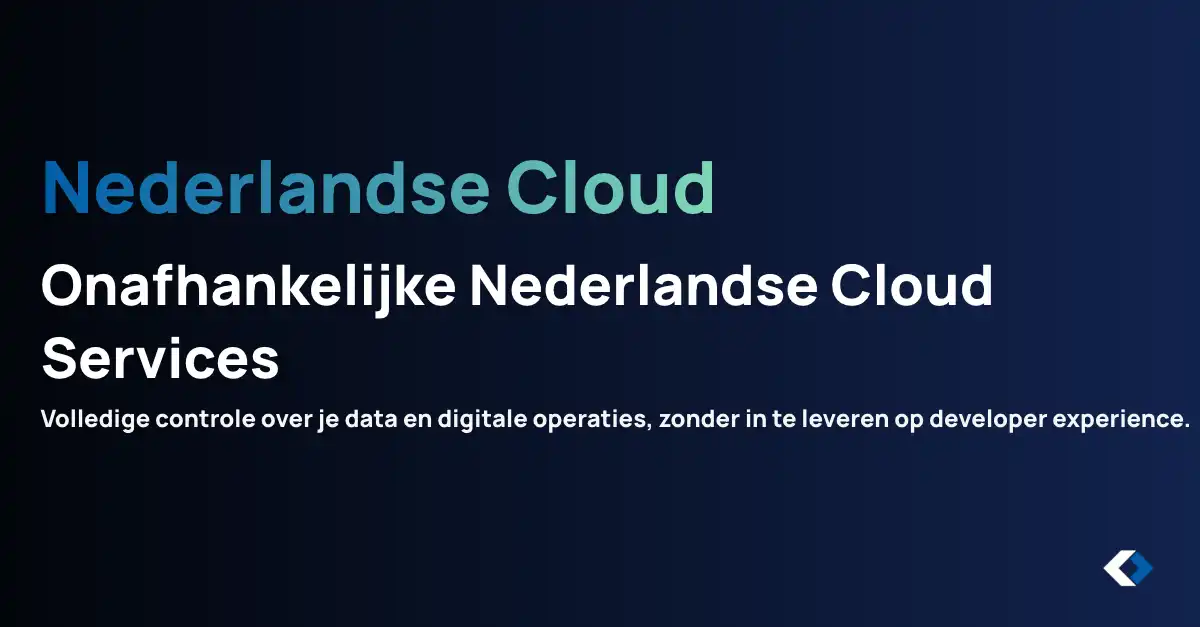
 Thalassa Cloud
Thalassa Cloud